International Day for the Complete Elimination of Nuclear Weapons is celebrated by the UN on September 26. One year after the historic approval of a treaty aimed at outlawing these weapons. It is critical that we speed up the treaty’s implementation and remind ourselves of the reasons why these weapons of mass destruction must be outlawed in order to create a peaceful world.
One should consider the following points regarding the nuclear weapons:
Nuclear creates havoc
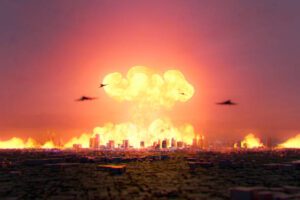 (Photo from istock)
(Photo from istock)
“My lovely Hiroshima instantly turned into a wasteland, with piles of ash and ruins, skeletons, and burned bodies,” the poet wrote. Hibakusha (survivor) of the Hiroshima bombs is Setsuko Thurlow.
This chilling eyewitness story serves as a reminder of the nuclear weapons’ immense devastation potential. They cause destruction, have long-term radioactive impacts that damage future generations. And strike soldiers and civilians without discrimination.
When it was used twice during the war, in 1945, on the Japanese cities of Hiroshima and Nagasaki, around a quarter of a million citizens were instantly destroyed. Or died horribly in the days and weeks that followed the attacks.
Nuclear weapons
What protection does the atomic bomb offer against the great concerns of our time, such terrorism, climate change, and cyberattacks? Nuclear weapons are completely out of date and unable to handle the problems of today. On the contrary, they do the opposite. Of preserving peace by fostering mistrust and anxiety among nations.
These weapons cost a lot
Since the middle of the 1980s, nuclear arsenals have shrunk, but the cost of maintaining nuclear weapons is steadily rising. Each nation that has nuclear weapons follows this trend of public spending. During the ten-year period of 2010–2020, estimates (Global Zero, 2011) place it close to $1000 billion.
Imagine if this money were used to support programmes that would assure human security. Such as those that promote health, education, the fight against climate change, and help to survivors.
Weapons are catastrophic
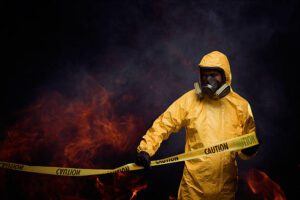 (Photo from istock)
(Photo from istock)
The risk of proliferation is that nuclear-armed states will build up their arsenals or that new governments will acquire nuclear weapons. An international non-proliferation pact went into effect. In 1970 with the goals of preventing non-nuclear states from developing nuclear weapons. And persuading nuclear powers to reduce their arsenals in order to battle these enormous hazards.
Regrettably, most of these initiatives are still just platitudes. How is it possible to assert that a country’s security is based on a nuclear deterrence strategy. While simultaneously requesting that other countries refrain from using this form of “security”?
Weapons of mass destructions not banned yet!
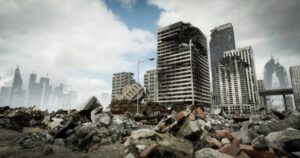 (Photo from istock)
(Photo from istock)
But everything might soon change. Nuclear weapons have not been restricted as of yet, although biological. And chemical weapons have been outlawed on a global scale since 1972 and 1993, respectively. This is a legal quirk that will eventually be entirely rectified with the entry into force of the Treaty on the Prohibition of Nuclear Weapons in 2020. Which was accepted in 2017 by 122 governments at the United Nations.
Of course, nations that possess nuclear weapons, like France, have abstained from signing this Treaty. Yet, pressure is mounting on the nine nuclear-armed states, with thousands of individuals speaking out against them around the world and an increasing number of countries and financial institutions refusing to support the development of these weapons systems.
Treaty to prohibit nuclear weapons
The Treaty on the Prohibition of Nuclear Weapons, as it is officially known, has entered into force and outlaws the use, threat of use, development, testing, production, manufacturing, acquisition, possession, and stockpiling of nuclear weapons. Additionally, it is banned from aiding, motivating, or inducing anybody to engage in any of the Treaty’s prohibited activities.
The Treaty will become enforceable as of January 22, 2021 for the 51 States that have ratified it or joined it, and it will also become enforceable as other States join it in the future.
In particular, by mandating governments to assist victims of nuclear testing and use and clear polluted areas, the Treaty is the first piece of international legislation to help limit the disastrous humanitarian effects of using and testing nuclear weapons. It codifies a widespread consensus among States and civil society that any use of nuclear weapons, regardless of its justification, is unacceptable.
The TPNW sends a strong message that using nuclear weapons would not only be unacceptable from a moral and humanitarian perspective, but also illegal under international humanitarian law by expressly and unequivocally forbidding such use.
But will the treaty destroy the weapons?
No and yes. The TPNW’s provisions will become enforceable once it enters into force for the states that have ratified or acceded to it. States that possess nuclear weapons would have to either destroy them before ratifying the Treaty or promise to do so in accordance with a “legally binding, time-bound plan” that would completely end their nuclear weapons development.
The nuclear weapon states, who have yet to sign the Treaty, must do so in order for this to go into effect.
Monitoring and controlling
Efforts to better control nuclear weapons can reduce the risk even more by reducing the frequency of close calls. Better monitoring systems would also lessen the possibility of erroneous warnings.
Putting nuclear weapons off “hair-trigger alert” would lessen the possibility that any catastrophe may quickly get out of hand.
Reducing nuclear stockpiles
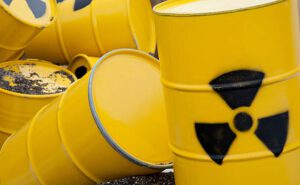 (Photo from istock)
(Photo from istock)
Experts believe that continued inventory reduction is a crucial and doable objective. Because lower stockpiles would still offer the advantages of nuclear weapons’ deterrence, it is thought to be feasible. Also, it is crucial because it lowers the possibility of mishaps and the possibility that a nuclear war could wipe out civilization.
Make world a peaceful place
Several parts of the world where our ancestors waged ruthless wars for many centuries are now remarkably tranquil. Some of the factors credited with this development include the democratization of societies, the expansion of trade and diplomacy on a global scale, and a cultural movement away from the glorifying of war.
Lessening the likelihood of nuclear conflict will make the world a more peaceful place.
International Committee of the Red Cross

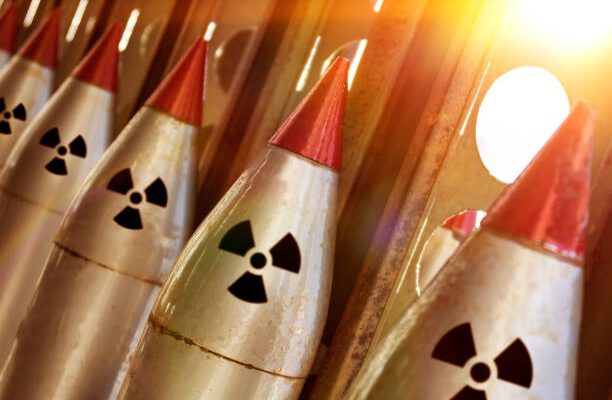

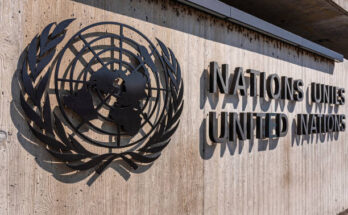
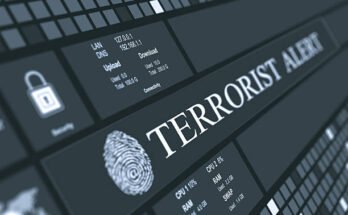
2 Comments on “Should nuclear weapons be banned?”